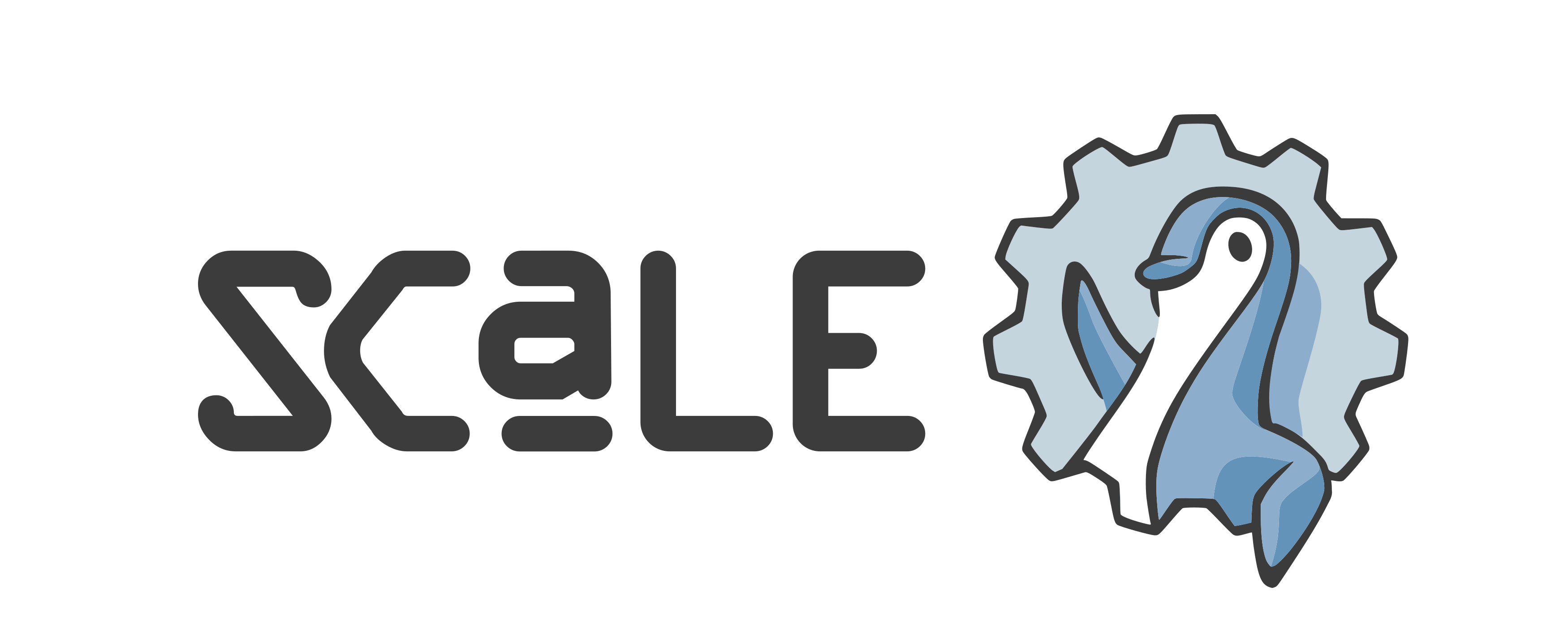APIs for the Modern World

Modern day APIs sometimes feel like demos for the main product, but it doesn't have to be that way. Developers continue to push boundaries, creating innovative sources of data that inspire creative new projects.
In this talk, Addison Hart (https://tgrcode.com/), a hobbyist reverse engineer and data scientist with extensive experience in geospatial, transit, and video game APIs, will share his insights on building quality APIs that can make a real-world impact.
His most well-known project is the Public Mario Maker 2 API (https://tgrcode.com/posts/mario_maker_2_api), designed for Nintendo’s custom-content Switch game, Mario Maker 2. With a thriving community of players and developers eager to explore the game on new levels, Addison released this API to encourage creative uses of the game and enhance the competitive scene with a level viewer. His experience building and running this API, along with observing community feedback, has shaped the ideas he presents in this talk.
In short, this talk sees APIs as the execution of 4 ideas, each of which is integral.
1. Latency
Latency is crucial for any application’s user experience, but especially so for APIs aiming to open up new possibilities. APIs that deliver near real-time information enable many more use cases than those that don’t. Addison will cover why latency is essential, share common pitfalls in creating intensive endpoints, and demonstrate ways to address these challenges.
2. Quantity
API developers sometimes make the mistake of serving too little or too much data from an endpoint. Addison will discuss how an API must serve 2 different kinds of users, average and advanced, and each of them are important to please. He will discuss how a good API can be "progressively upgraded" to serve both, with neither being impacted. In addition, he will describe solutions seen both in the wild and implemented in successful public APIs as well as performance problems faced by exposing all information possible from an endpoint.
3. Coverage
The primary reason APIs sometimes feel like demos for a larger product is that developers fail to include critical endpoints that tie everything together. Addison will explain how missing endpoints lead to frustration for users and limit community-driven tools. He’ll also discuss the importance of "cross-references" in the larger ecosystem and share strategies for responding to feedback on missing endpoints.
4. Quality
An API that excels in latency, quantity, and coverage still needs to be easy for developers to use. Addison will discuss best practices for self-documenting APIs, appropriate data formats, and responding proactively to potential user issues. He will also highlight effective documentation strategies to improve the developer experience.
Finally, Addison will showcase examples of well-executed APIs that have surprising social impact. Expect a talk that will inspire you with the exciting potential that can come from well-designed code!
